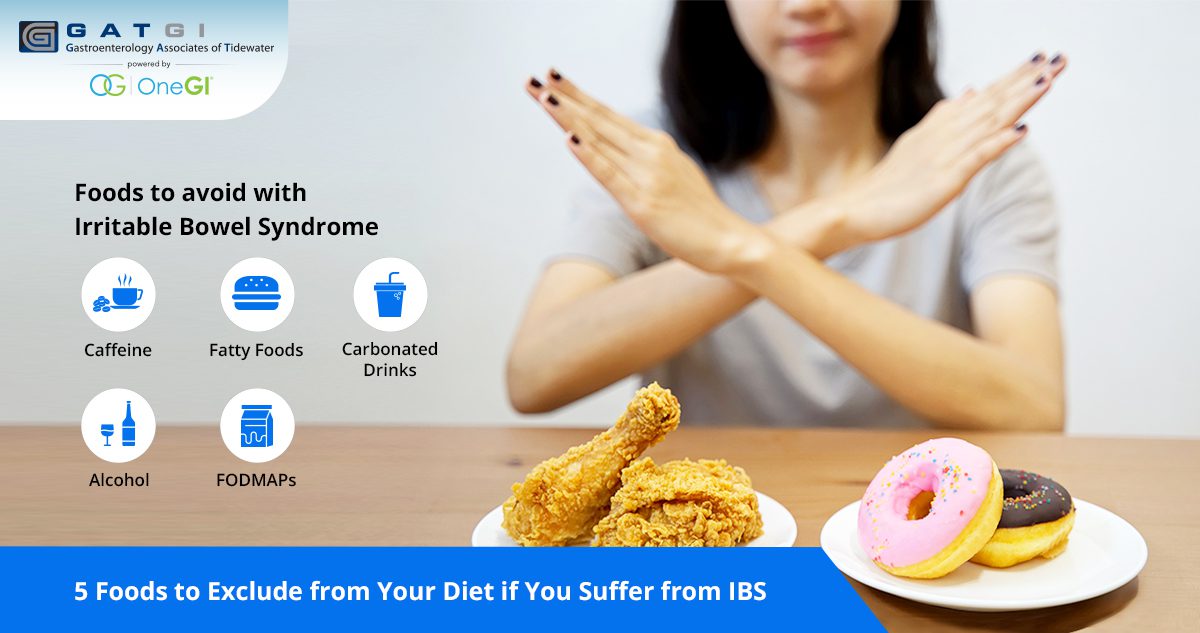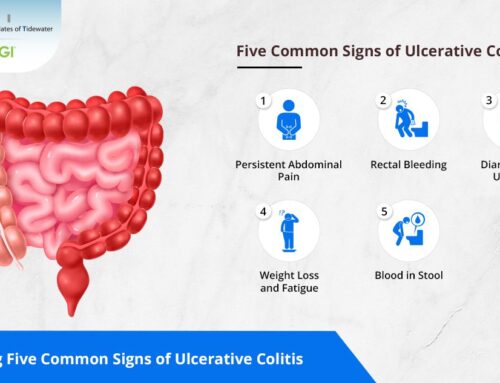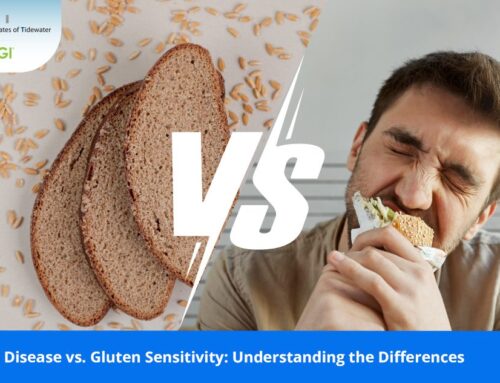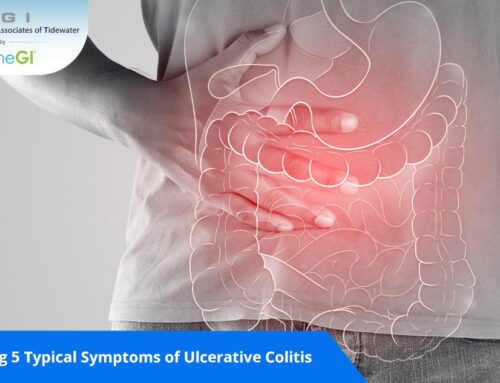Irritable Bowel Syndrome (IBS) is a common gastrointestinal disorder known for causing discomfort, bloating, and altered bowel habits. Managing IBS often involves a delicate nutritional balance, with certain foods known to trigger symptoms. If you’re navigating the complexities of IBS, understanding which foods to avoid can be the game-changer in your quest for digestive peace. Discover the top foods to avoid for IBS that could worsen your symptoms, and learn how to make smart swaps for a happier gut.
Among the most crucial steps in managing IBS is identifying IBS symptoms and foods to avoid, which can significantly reduce discomfort and improve your quality of life.
1. Caffeine
For many, the day doesn’t officially begin until that first cup of coffee. However, caffeine can be a double-edged sword for those with IBS. It’s a known stimulant to the digestive system. For some people, even with no IBS, it can result in an overactive bowel response; for IBS patients, this can escalate into more severe symptoms like diarrhea or cramping. Even beyond your morning brew, caffeine hides in unexpected places like tea, chocolate, and even some medications.
Consider Switching to:
If you find caffeine is a trigger for your IBS, switching to herbal teas or decaffeinated varieties, as well as looking for alternative sources of energy like physical activity or improved sleep, can help avoid the unpleasant side effects.
2. Fatty Foods
Your fondness for fried foods could be a foe to your digestive peace. High-fat meals can delay stomach emptying, leading to overeating and potential exacerbation of IBS symptoms due to the excessive digestive load. Fried foods, certain dairy products, and fatty cuts of meat are high on the watchlist for IBS due to their difficulty to digest and propensity to cause cramping and bloating.
Opt for:
If fatty foods trigger your IBS, consider cooking methods like grilling, baking, or steaming, and choose leaner protein sources like fish, poultry, and plant-based varieties to keep your fat intake under control.
3. Carbonated Drinks
The delightful fizz of a carbonated beverage might feel refreshing, but the gas that lends them their effervescence can be distressing for IBS sufferers. Consuming carbonated drinks can lead to increased gas production in the digestive system, which can lead to bloating, discomfort, and an escalation of IBS symptoms.
Hydrate with:
For a hydrating option that won’t aggravate your gut, stick to water or non-carbonated, non-caffeinated beverages. Herbal teas, infused waters, and fruit juices (without added fructose) are gentle on the stomach and can help you stay hydrated without the extra fizz.
4. Alcohol
Whether it’s due to its inflammatory effects, its tendency to relax the body’s muscles, or other unknown reasons, alcohol is a common IBS trigger. Wheat-based alcoholic drinks like beer, as well as certain mixers and liqueurs, can add insult to injury by containing fermentable sugars like fructose or sorbitol, which are difficult for the gut to break down.
Try:
Opting for spirits like vodka or gin, which have fewer impurities and are generally more gut-friendly, when you do decide to indulge. These can be mixed with non-carbonated, non-caffeinated mixers for a less irritating IBS cocktail experience.
5. FODMAPs
FODMAPs, or fermentable oligosaccharides, disaccharides, monosaccharides, and polyols, are a group of fermentable short-chain carbohydrates that can cause problems for IBS sufferers due to poor absorption in the small intestine. High-FODMAP foods can exacerbate gas, bloating, and diarrhea, among other symptoms. Common high-FODMAP culprits include
- Milk, yogurt, and ice cream made from dairy
- Wheat products like cereal, bread, and crackers
- Legumes including beans and lentils
- Certain veggies like artichokes, asparagus, onions, and garlic
- Selected fruits such as apples, cherries, pears, and peaches
Explore:
By swapping high-FODMAP foods for their low-FODMAP counterparts, many IBS sufferers experience a reduction in symptoms. Low-FODMAP foods include:
- Almond milk
- Eggs and meat
- Grains including rice, quinoa, and oats
- Various cheeses like brie, Camembert, cheddar, and feta
- Vegetables such as eggplant, potatoes, tomatoes, cucumbers, and zucchini
- Fruits good for IBS such as grapes, oranges, strawberries, blueberries, and pineapple
Transform your life by taking control of your IBS triggers today. If you are experiencing IBS symptoms and would like more information, request an appointment at our Virginia Beach or Chesapeake office. Say goodbye to discomfort and hello to relief by scheduling an appointment with a Gastroenterology Associates of Tidewater doctor. Don’t let IBS hold you back any longer—call (757) 547-0798 to take the first step towards a healthier you.






